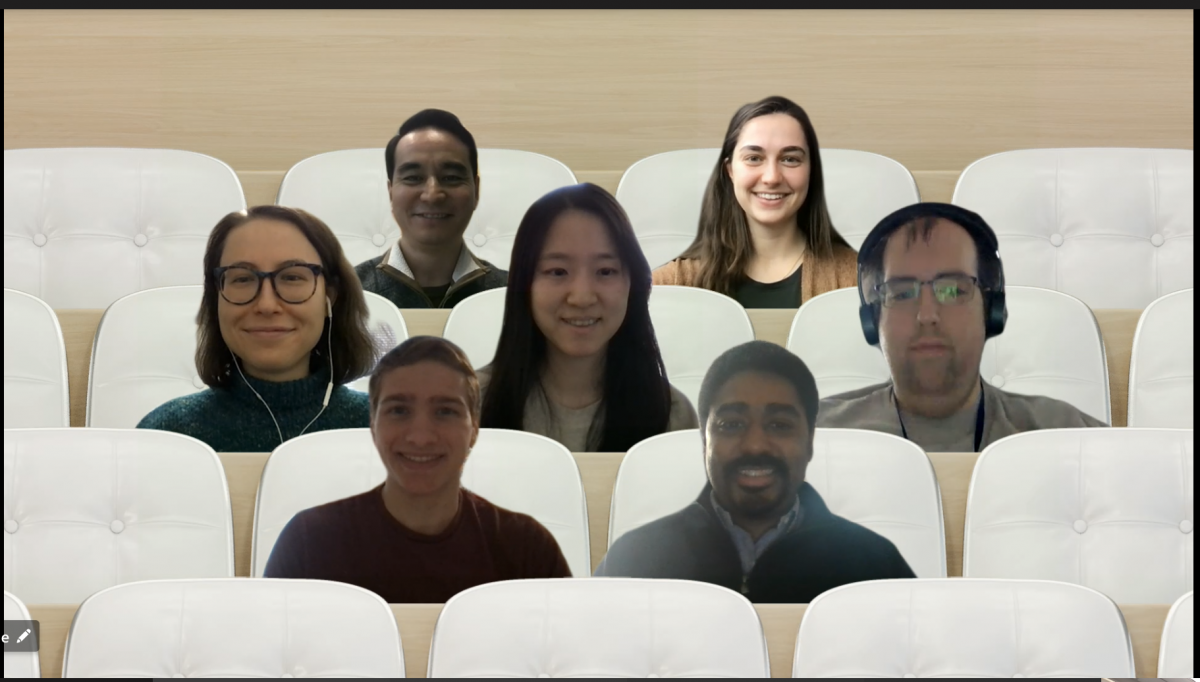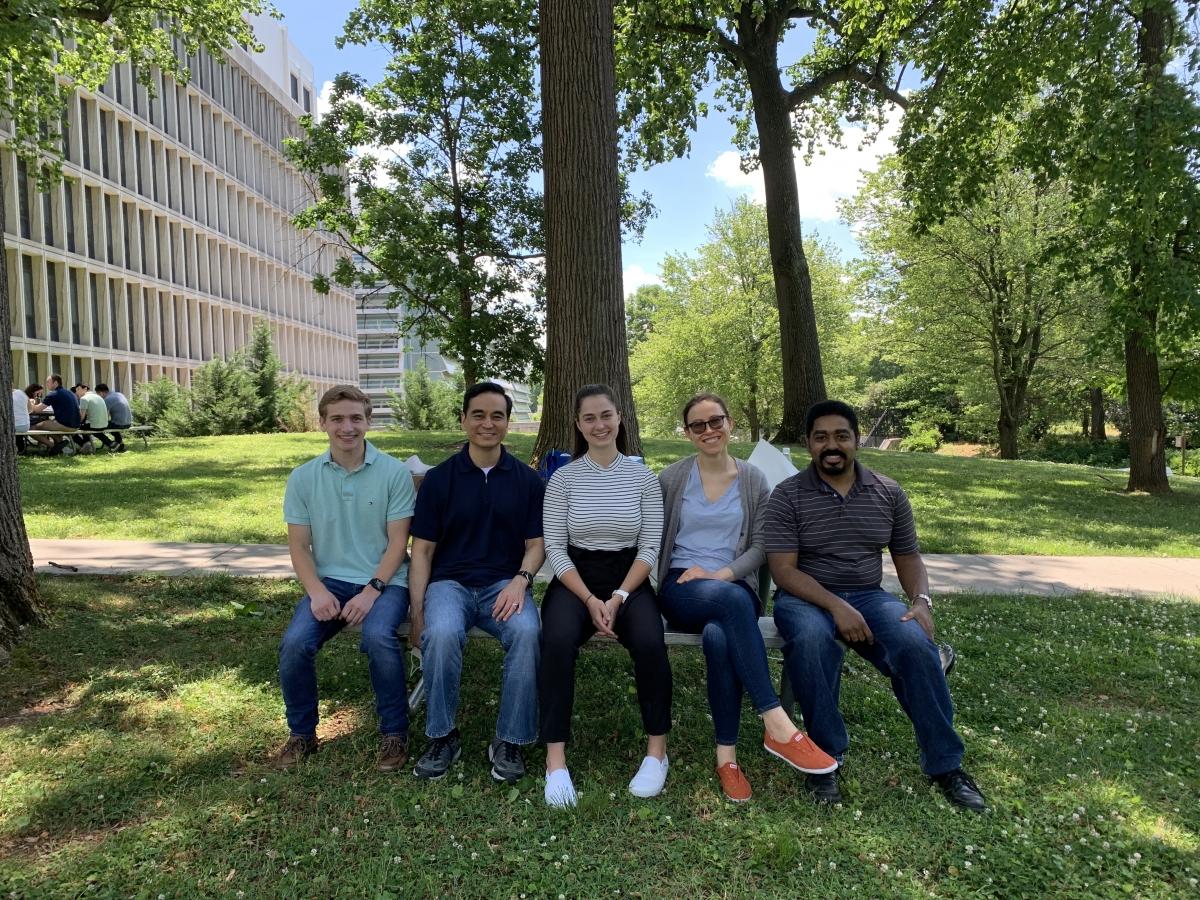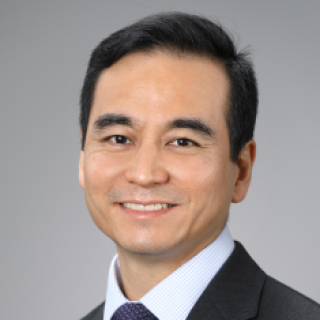
David Takeda, M.D., Ph.D.
- Center for Cancer Research
- National Cancer Institute
- Building 37, Room 1056
- Bethesda, MD 20892
- 240-760-6332
- david.takeda@nih.gov
RESEARCH SUMMARY
Dr. Takeda’s research is focused on understanding the role of epigenetic reprogramming in disease progression by combining genomic and epigenomic profiling of patient samples with functional studies in model systems. Current areas of investigation include identifying noncoding drivers of castration-resistance in prostate cancer, interrogating regulatory elements using unbiased proteomic and genetic approaches, and therapeutic targeting of oncogenic transcriptional programs in genitourinary cancers.
Areas of Expertise

David Takeda, M.D., Ph.D.
Research
Using a combination of epigenomic profiling and functional genome editing, we recently described an enhancer of the androgen receptor (AR) that is activated and amplified in 80% of metastatic castration-resistant prostate cancer (CRPC). Understanding the mechanism by which this epigenetic activation occurs will have immediate implications for treating and/or preventing the development of CRPC. We are using proteomic and genetic approaches to identify the molecular processes required for enhancer activation during disease progression.
Resistance to the antiandrogen enzalutamide is accompanied by alterations in the enhancer landscape based on epigenetic profiling from tumor samples. In order to identify epigenetic drivers of enzalutamide resistance, we are systematically interrogating enhancers that are activated or decommissioned following development of drug resistance.
The presence of recurrent epigenetic alterations imply opportunities for therapeutic targeting of the cancer epigenome. We use functional genome-scale approaches to discover epigenetic vulnerabilities in tumors that serve as starting points to design novel treatment strategies to suppress oncogenic transcriptional programs.
Publications
- Bibliography Link
- View Dr. Takeda's Complete Bibliography at NCBI.
A somatically acquired enhancer of the androgen receptor is a noncoding driver in advanced prostate cancer
Genetic Determinants of chromatin reveal prostate cancer risk mediated by context-dependent gene regulation
Prostate cancer reactivates developmental epigenomic programs during metastatic progression
Biography
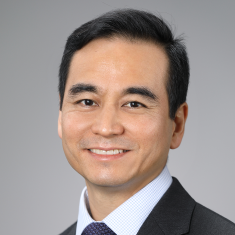
David Takeda, M.D., Ph.D.
Dr. Takeda was born and raised in Pearl City, HI, and graduated from Pomona College with a B.A. in chemistry. He received his M.D., Ph.D. from Harvard Medical School working in the laboratory of Anindya Dutta studying DNA replication. He completed residency training in internal medicine at Brigham and Women’s Hospital and a hematology/oncology fellowship at the Dana-Farber Cancer Institute in Boston, MA, where he conducted post-doctoral work with William Hahn at the Broad Institute in Cambridge, MA.
Job Vacancies
We have no open positions in our group at this time, please check back later.
To see all available positions at CCR, take a look at our Careers page. You can also subscribe to receive CCR's latest job and training opportunities in your inbox.
Team
News
Newest Lasker Scholars Ready to Make Their Mark
Congratulations to the investigators who recently joined the ranks of the Lasker Clinical Research Scholars Program, NIH’s collaborative effort with the Albert and Mary Lasker Foundation to nurture the next generation of clinical researchers, including David Takeda, whose research focuses on treatment-resistant prostate cancer. Read More
Reprogramming Cancer
David Takeda, M.D., Ph.D. is laying the groundwork for a bold new approach to cancer therapy. He believes that manipulating epigenetics could also provide a powerful new pathway for combatting the disease. Instead of thinking about cancer in terms of the mutated genes that drive their abnormal growth and division, perhaps we can reprogram the cell’s state,” he explains. “A cancer cell is a cell that is no longer, say, a skin cell. It’s now a new type of cell that can grow unrestricted. Maybe we can epigenetically reprogram the cell and give it a set of instructions so that it turns into something else — something that you can treat. Read More
Lab Life
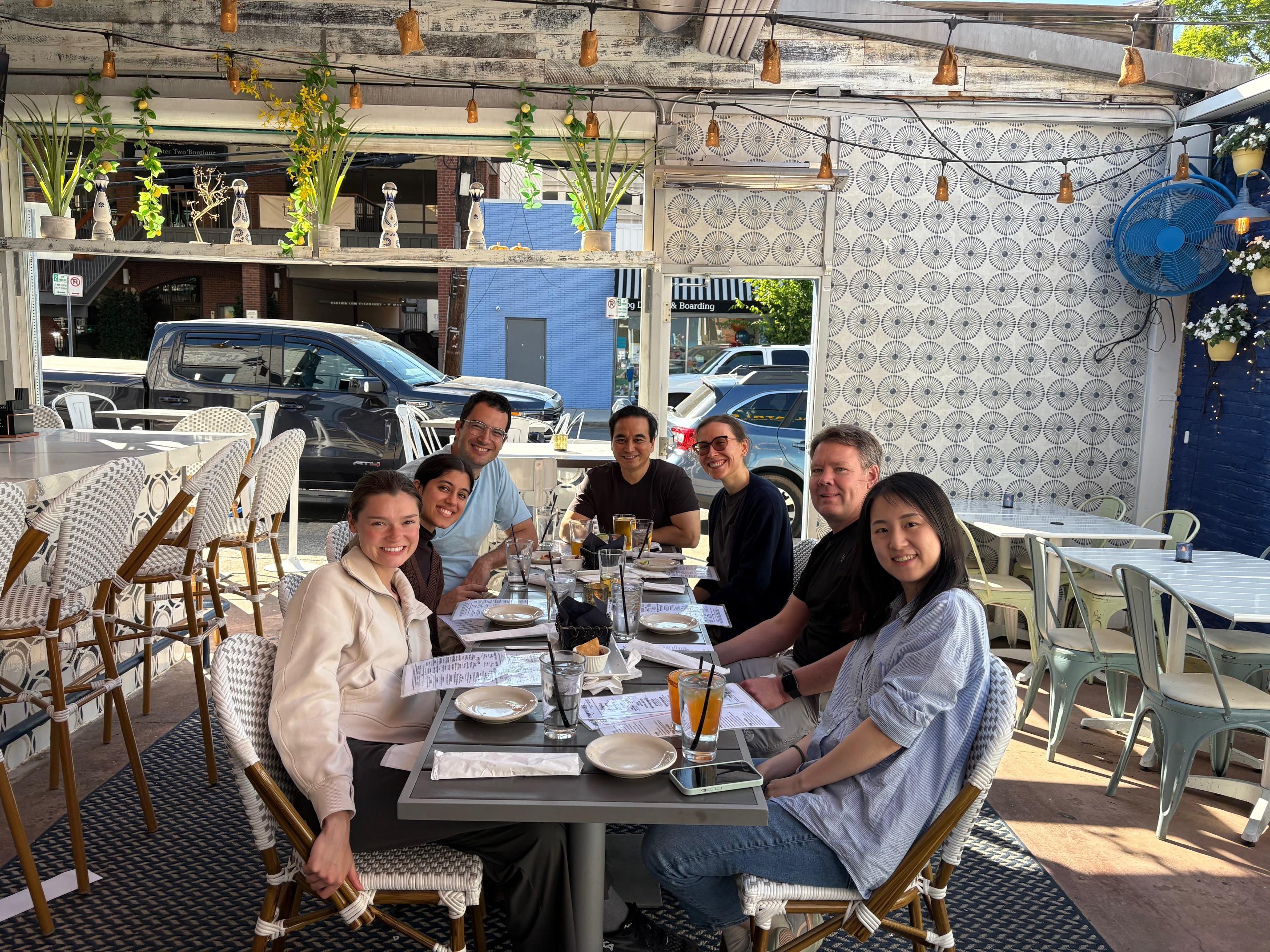
Good luck in med school Caroline! May 2025
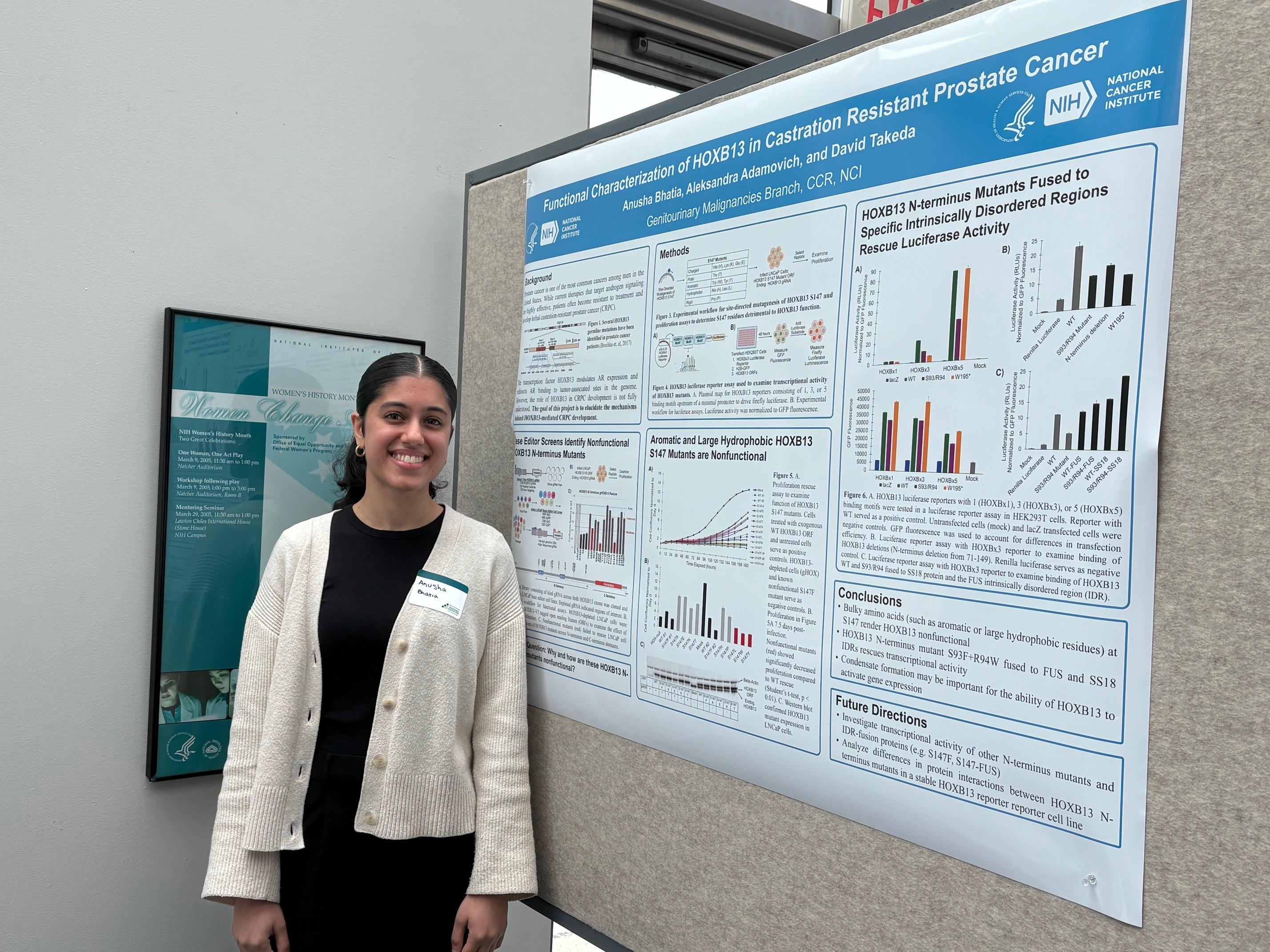
Anusha Postbac Research Day 2025
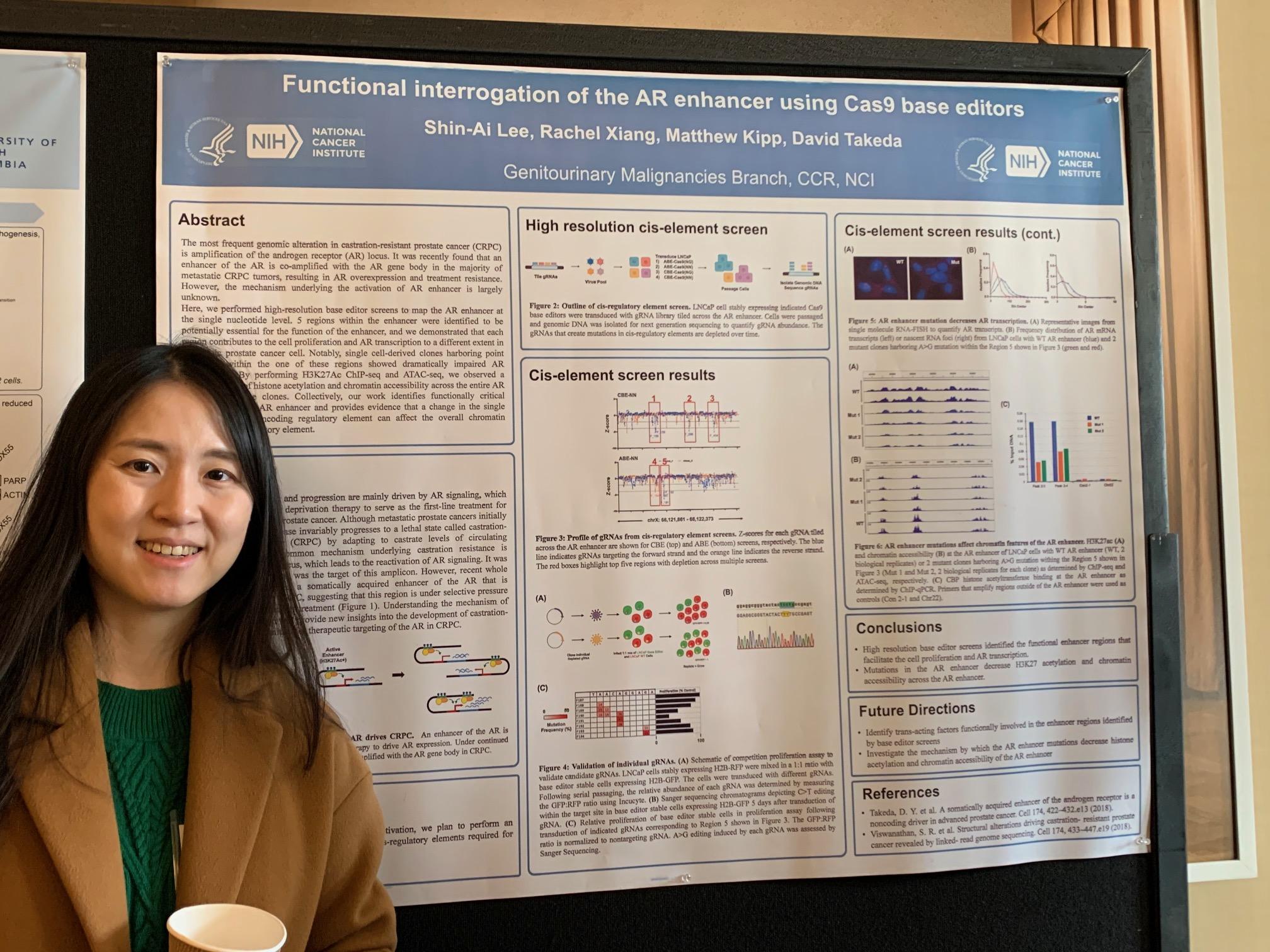
Prostate Cancer Foundation Conference 2024
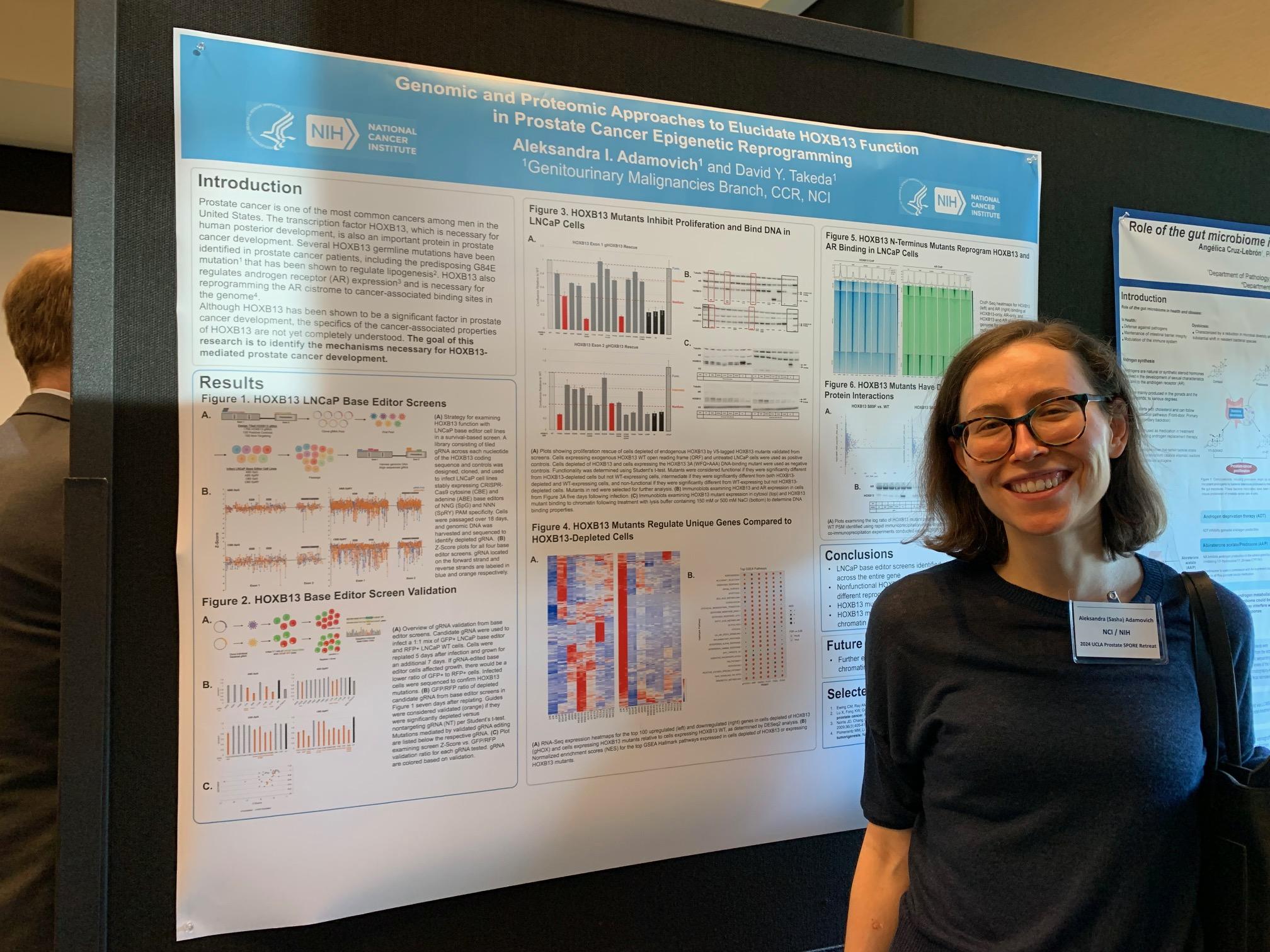
Prostate Cancer Foundation Conference 2024
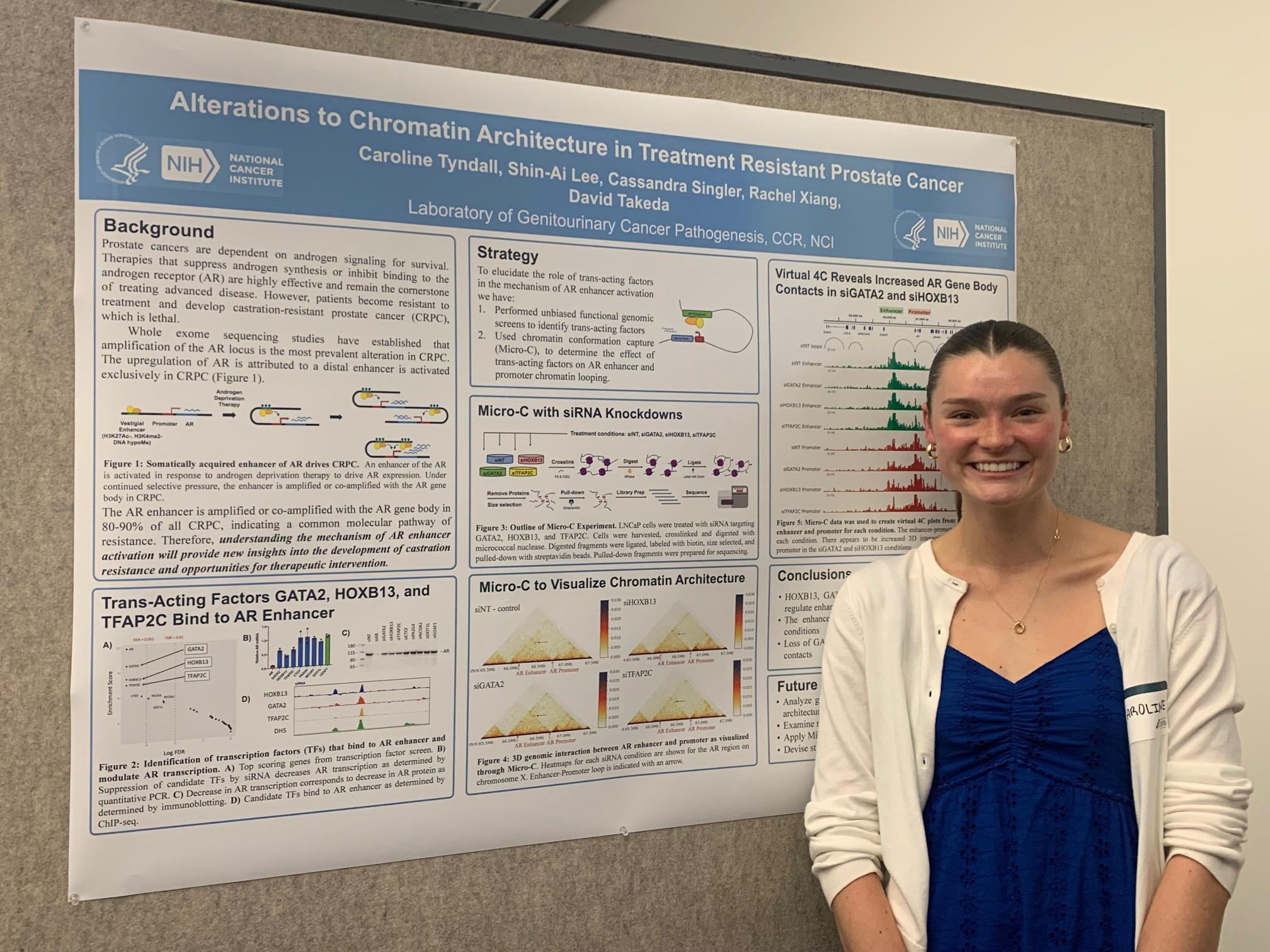
Postbac Poster Day 2024
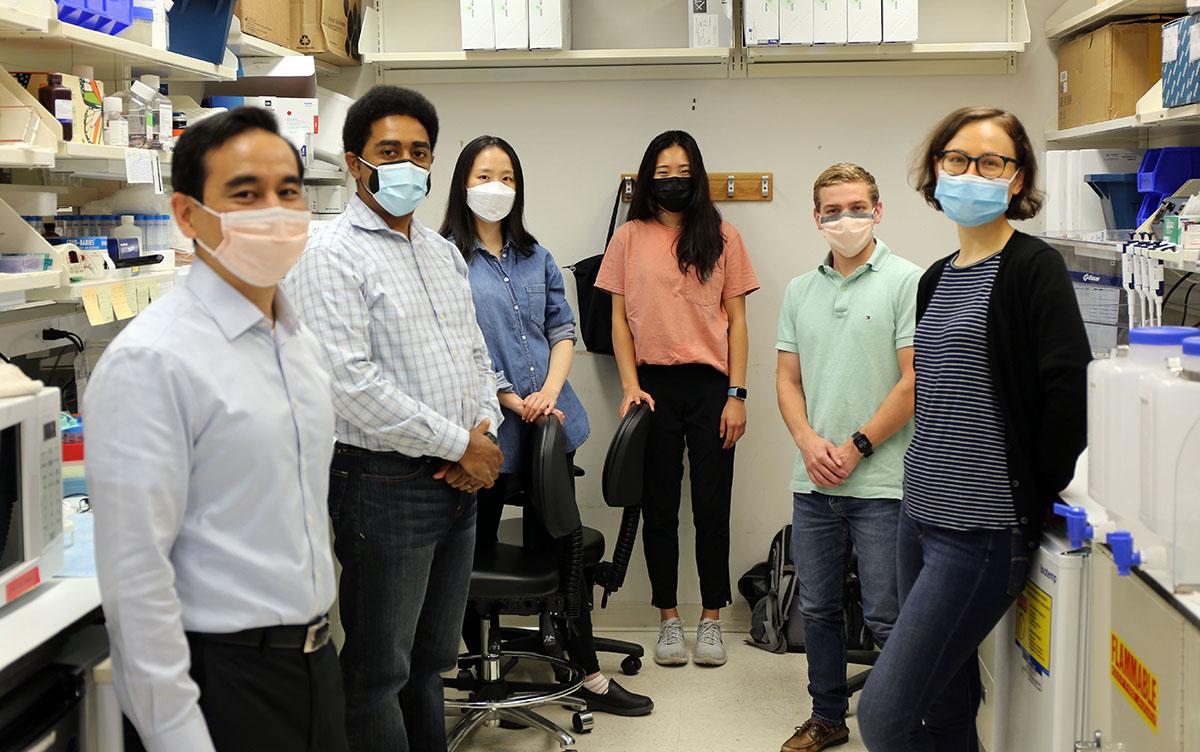
Group photo (Oct 2021) for our Research in Action story: https://irp.nih.gov/our-research/research-in-action/reprogramming-cancer
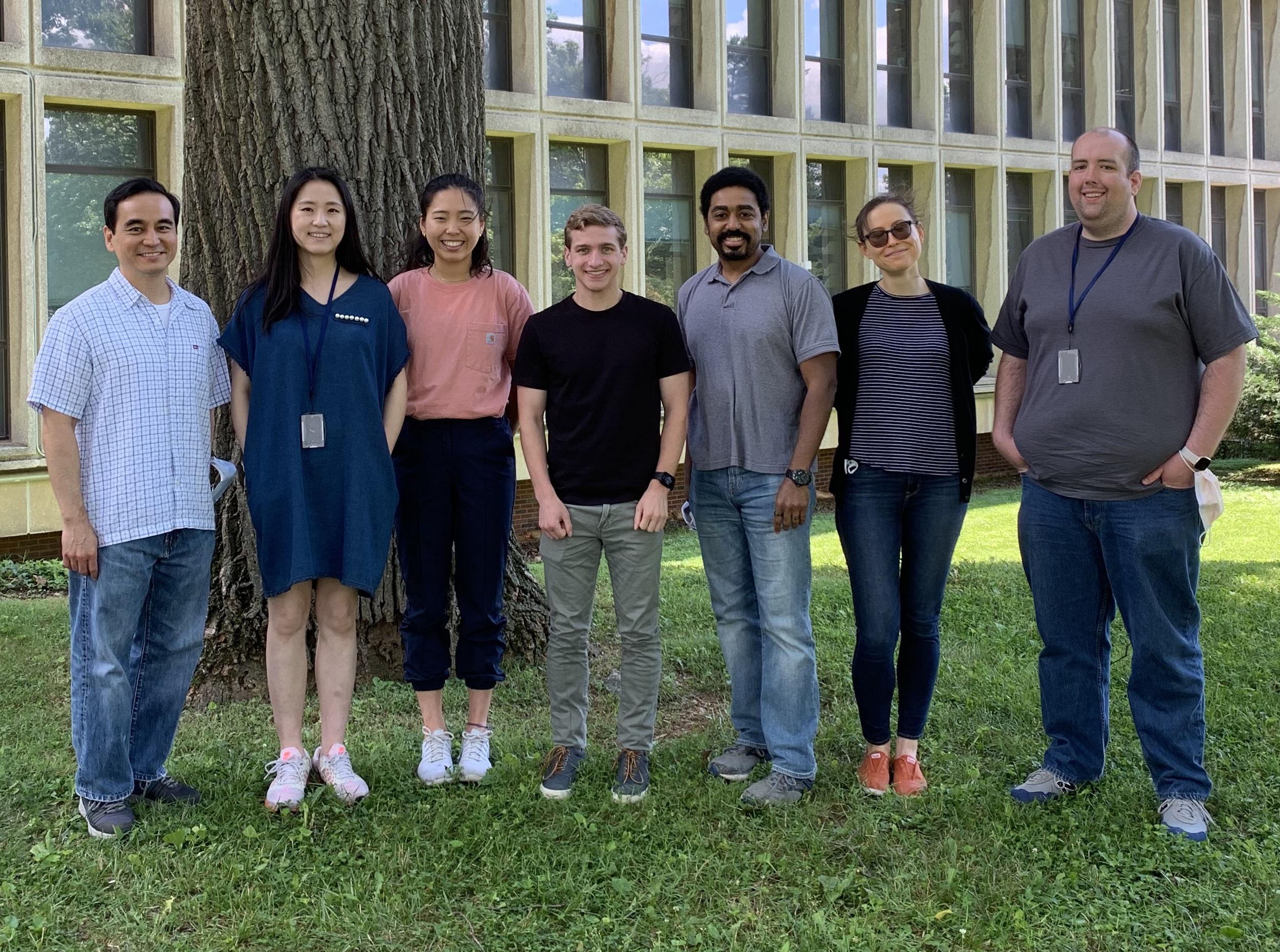
Good luck Ben and Andre! June 2022
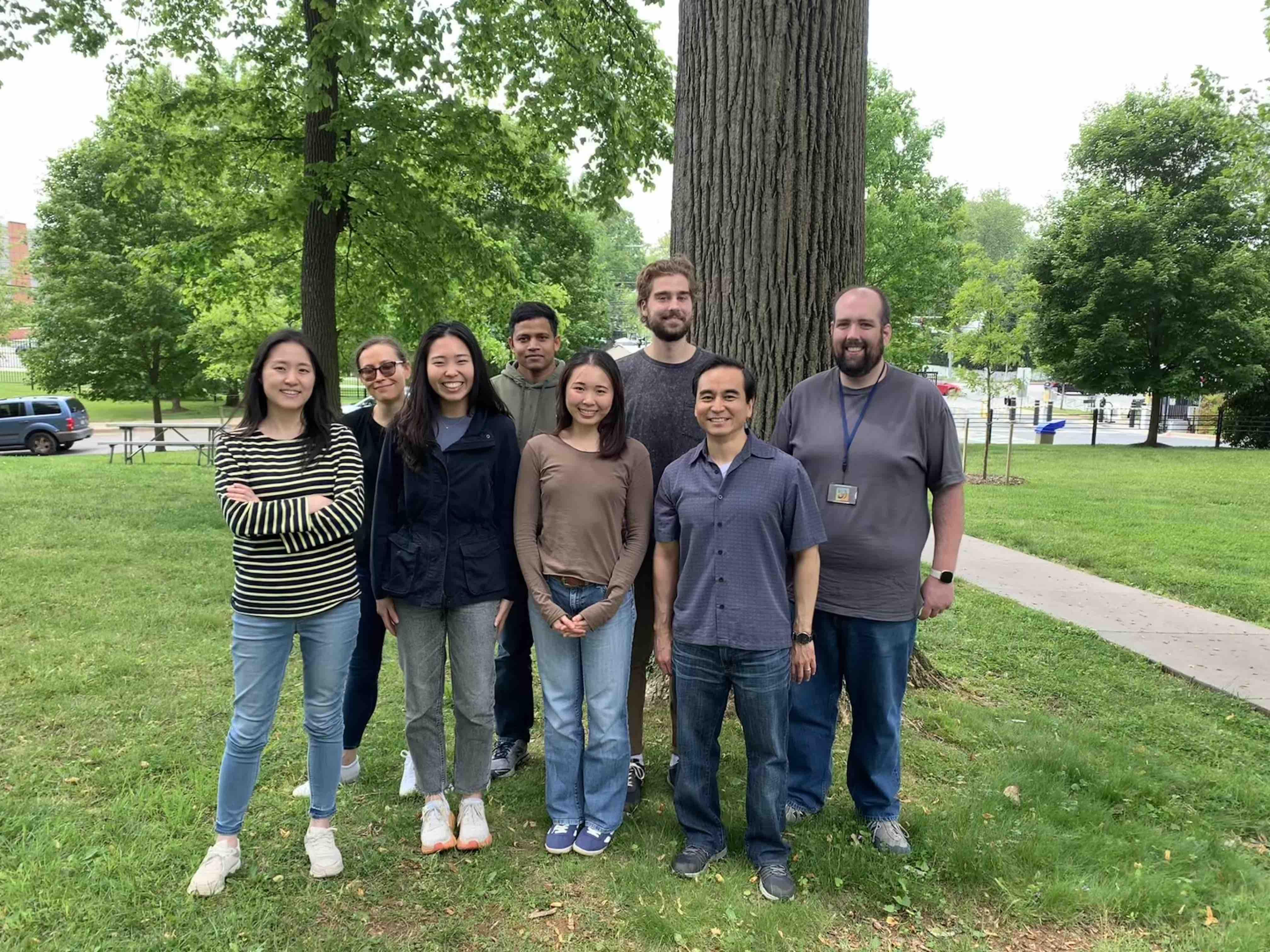
Good luck in medical school Matt! May 2023
Clara Farewell 2023 - Best of luck in grad school!
Virtual Lab Meeting - February 2021
Good luck in medical school Casey! May 2021

